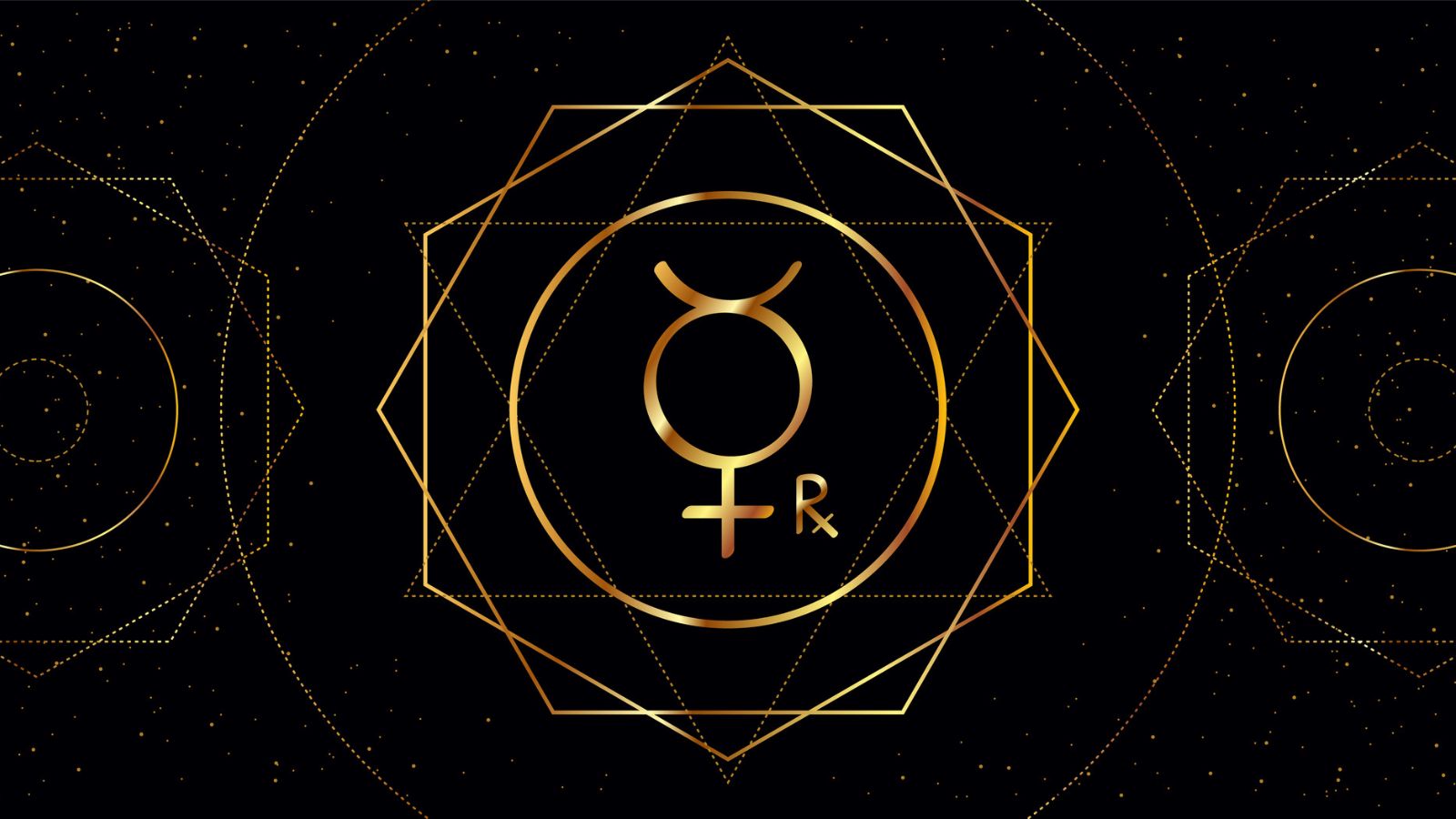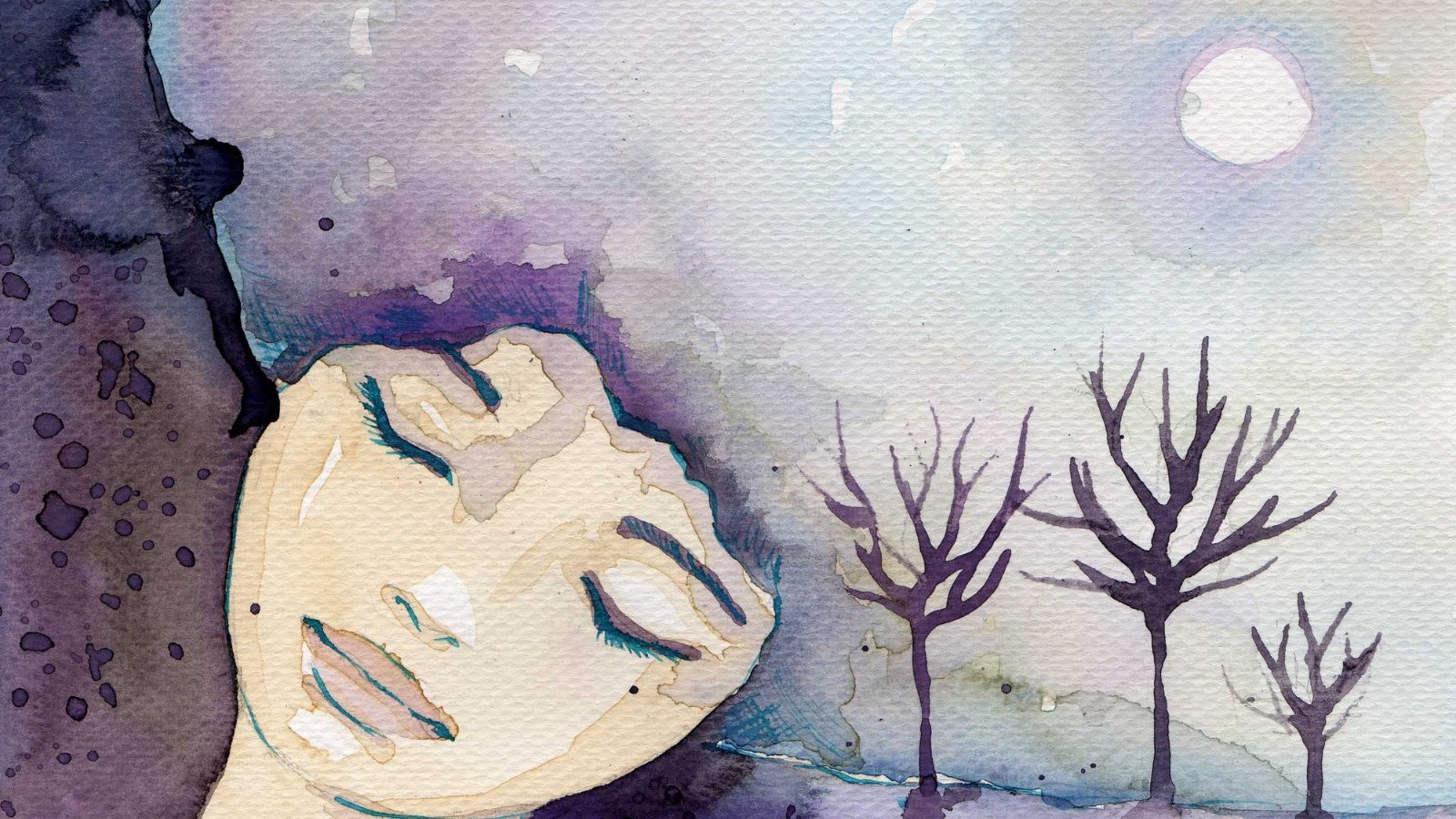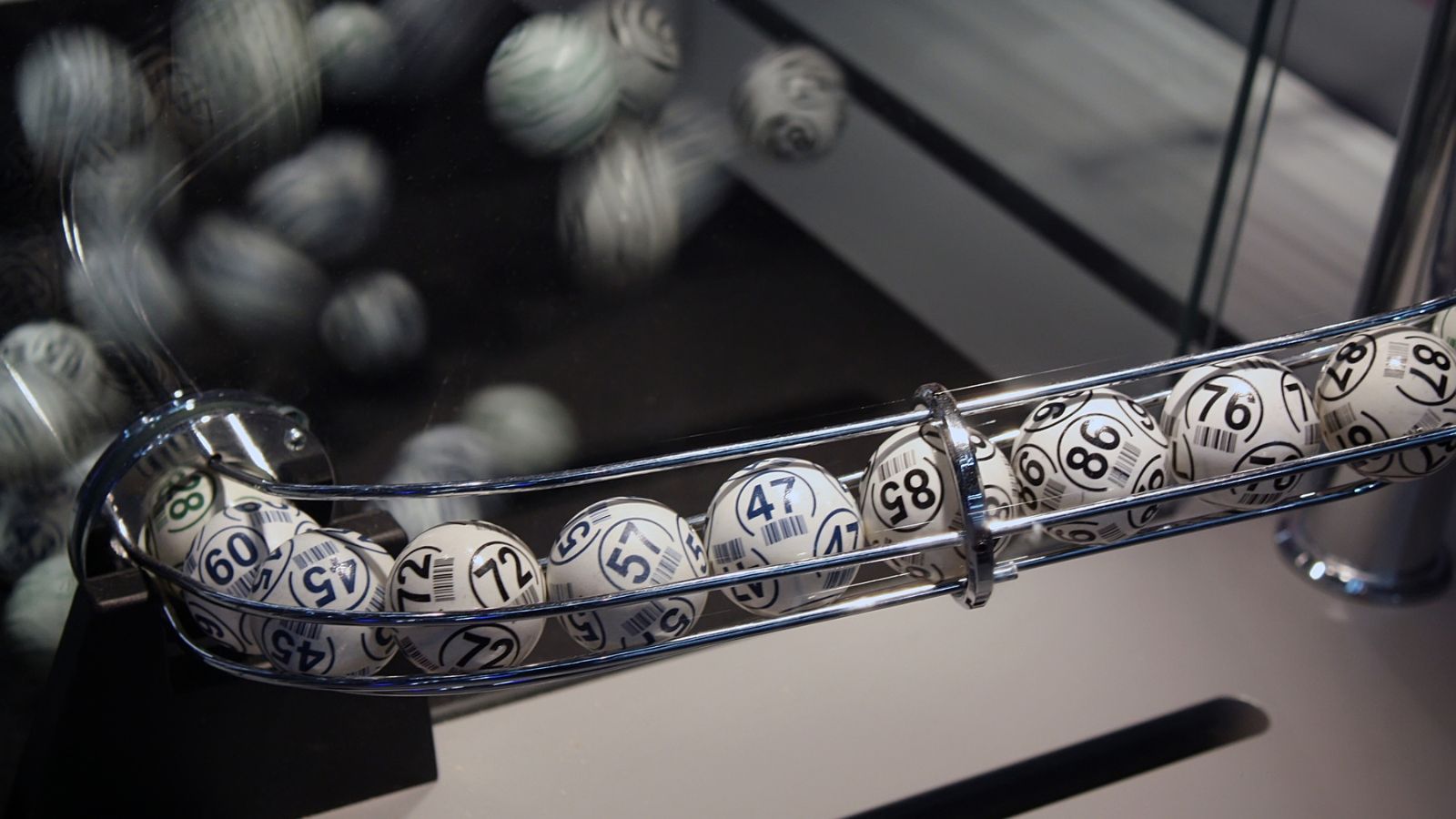12 Things People Think Affect Their Lives, But Really Don’t

In our daily lives, we often find ourselves attributing significance to various actions, objects, and beliefs. From avoiding black cats to fretting about Friday the 13th, people tend to believe that certain things hold power over their destinies. However, it’s important to step back and examine these notions from a more rational perspective.
1. Superstitions

People often find comfort in various superstitions, believing that their actions or objects can influence their fate. From avoiding black cats to carrying lucky charms, these practices can become ingrained habits. Despite this, scientific evidence rarely supports such claims. Superstitions tend to thrive on coincidence rather than actual cause-and-effect relationships.
2. Mercury Retrograde

The phenomenon of Mercury retrograde, when the planet appears to move backward in the sky, has gained attention as a potential disruptor of daily life. People often attribute communication breakdowns, technology glitches, and personal mishaps to this celestial event. However, modern astronomy dismisses the idea that Mercury’s apparent retrograde motion has any significant impact on human affairs.
3. Astrological Signs

People love to read their daily horoscopes and identify with the traits associated with their zodiac signs. The belief that celestial bodies’ positions at the time of one’s birth can determine personality traits and life events is a common one. But scientific scrutiny reveals that astrological interpretations are generally vague and can apply to a wide range of individuals. There’s no conclusive evidence linking celestial arrangements to personal destinies.
4. Breaking a Mirror

The fear of breaking a mirror bringing seven years of bad luck has its roots in ancient cultures. People still dread this event, often attributing subsequent misfortunes to the broken mirror. However, the concept lacks concrete evidence and is more likely a product of historical and cultural superstitions than a genuine predictor of life outcomes.
5. Friday the 13th

Friday the 13th is often considered an ominous day in many cultures. People may alter their plans and routines due to the perceived bad luck associated with it. However, the fear surrounding this day is largely irrational. There’s no empirical basis to suggest that Friday the 13th is inherently more prone to negative events than any other day.
6. Lucky Clothing

Wearing a specific item of clothing, such as a lucky jersey during a sports event or a certain outfit during an important task, is a common practice. People believe these articles of clothing can enhance their chances of success. While psychological factors might play a role in boosting confidence, the clothing itself doesn’t possess any inherent power to alter outcomes.
7. Rain on Your Wedding Day

Rain on a wedding day is often seen as a bad omen, causing stress and disappointment for many couples. Yet, it’s important to remember that weather is unpredictable and largely beyond human control. Rain doesn’t have a predetermined significance for the success or happiness of a marriage; it’s merely a natural occurrence that shouldn’t overshadow the significance of the occasion.
8. “Knock on Wood”

The phrase “knock on wood” is used to prevent a jinx or ward off bad luck after making a positive statement. People might tap a wooden surface or simply say the phrase. Despite its widespread use, there’s no concrete evidence that knocking on wood has any influence on the outcome of events. The practice is more likely a cultural habit than a true determinant of fate.
9. Dream Predictions

Dreams have fascinated humans for centuries, and many people believe they hold hidden messages or predictions about the future. However, the scientific understanding of dreams suggests they’re a result of brain activity during sleep and often reflect personal experiences and emotions. While dreams can sometimes provide insight into one’s thoughts, they don’t offer a reliable roadmap for future events.
10. Lucky Numbers

Associating certain numbers with luck is a cultural phenomenon. People may choose specific numbers for important events, such as weddings or lotteries, believing these numbers will bring good fortune. However, luck is subjective and not determined by numbers alone. The notion of lucky numbers is often tied to cultural beliefs and personal preferences rather than any tangible impact on life outcomes.
11. Stomping Feet on Cracks

The childhood habit of avoiding cracks on sidewalks is often believed to influence one’s luck or prevent bad outcomes. People might stomp their feet on cracks to ensure safety or ward off negative events. However, this action lacks any scientific basis and is more of a playful tradition than a genuine life influencer.
12. Lucky Charms

From rabbit’s feet to four-leaf clovers, lucky charms hold a special place in many cultures. People often carry or display these items with the hope of attracting good luck. While the sentiment is understandable, luck is not inherently tied to physical objects. The perceived influence of lucky charms on life events is more about personal belief than any actual causal connection.
50 Super Simple Side Hustle Ideas

50 Super Simple Side Hustle Ideas (& How to Make Them Work)
10 Frugal Lessons I Learned From Being Flat Out Broke

10 Frugal Lessons I Learned From Being Flat Out Broke
How To Make Money Without a Job

How To Make Money Without a Job
Creative Ways To Make Money

20 Easy Ways to Raise A Credit Score Fast

Read More: 20 Easy Ways to Raise A Credit Score Fast
Frugal Living Tips: The Essential Guide To Start Saving Money

Frugal Living Tips: The Essential Guide To Start Saving Money






